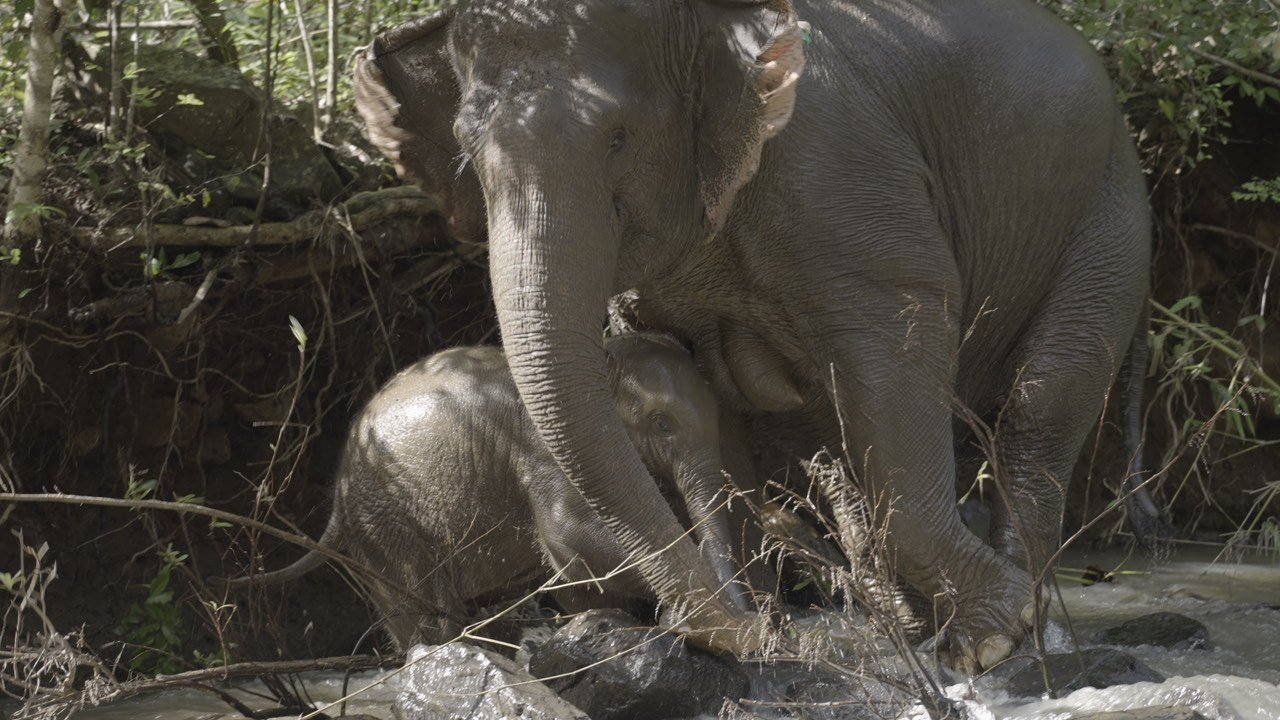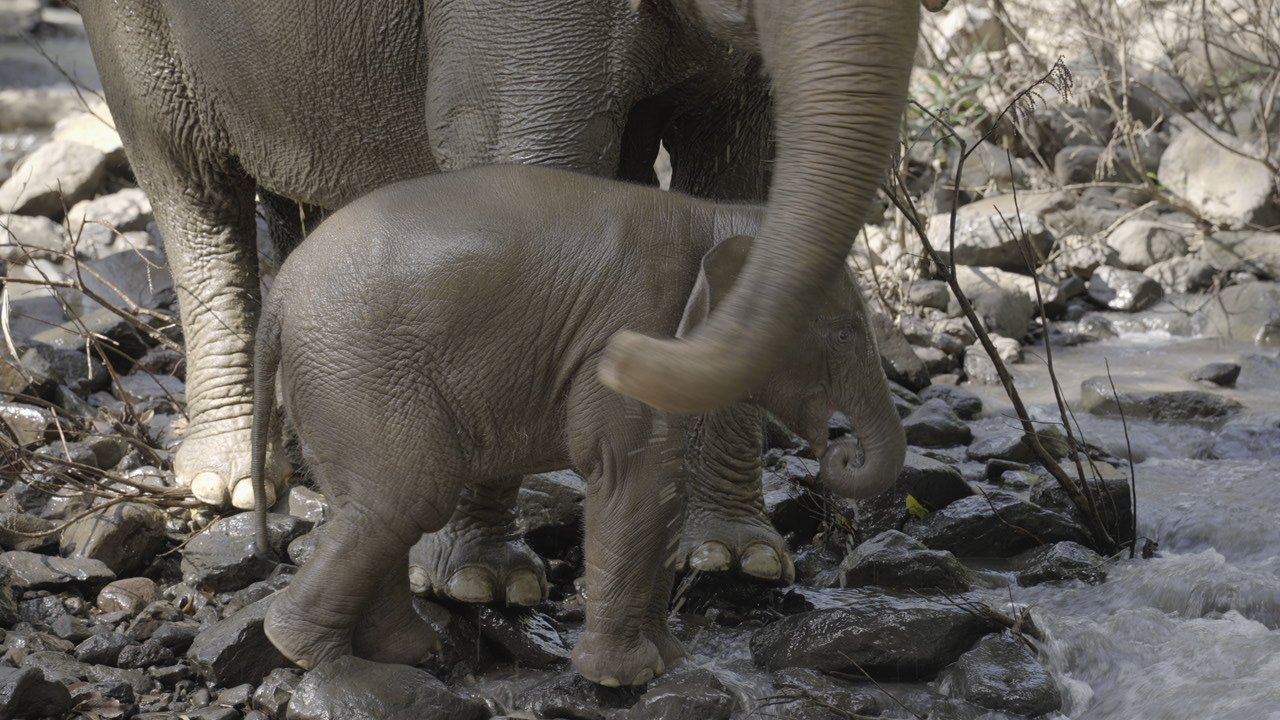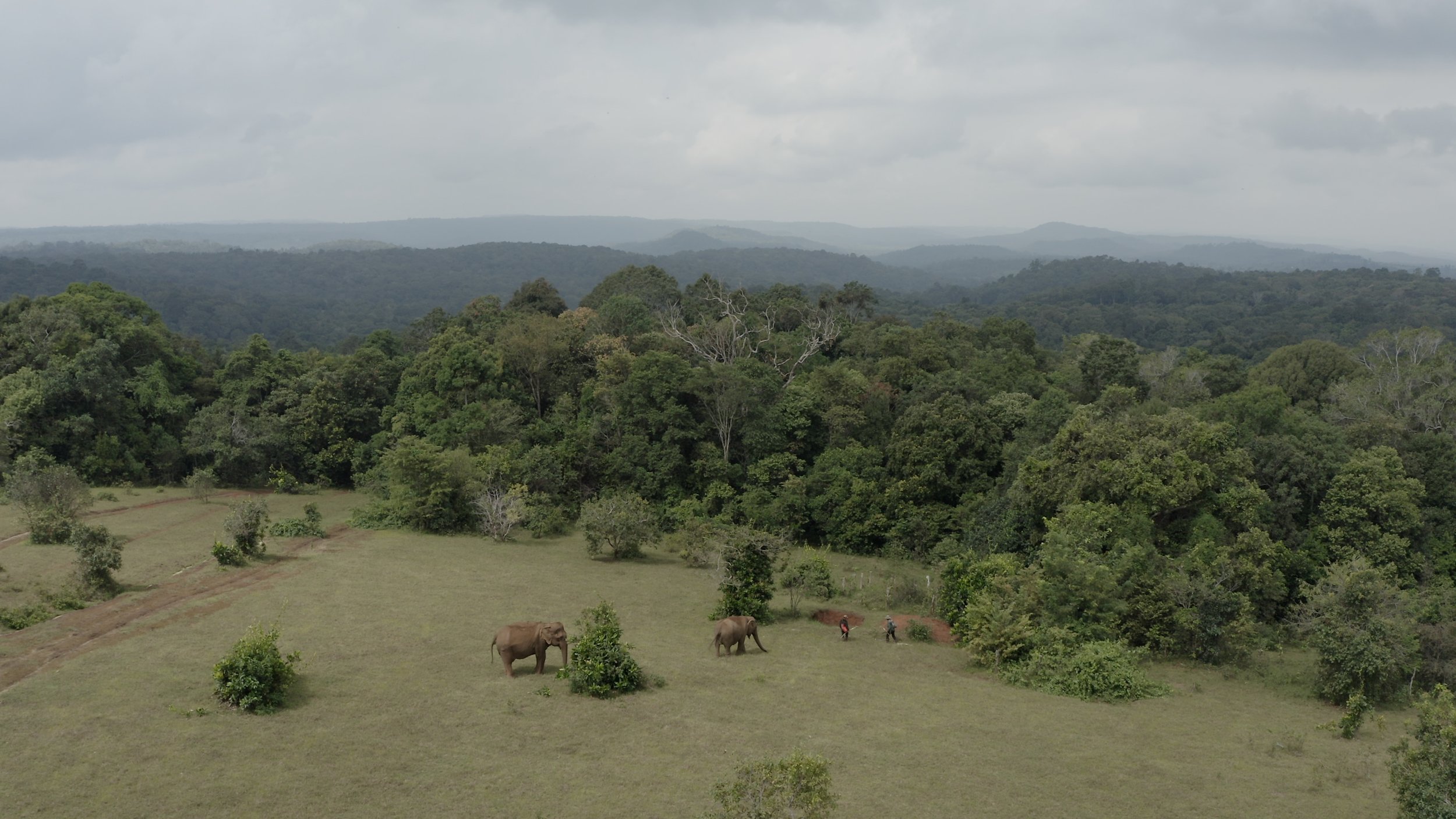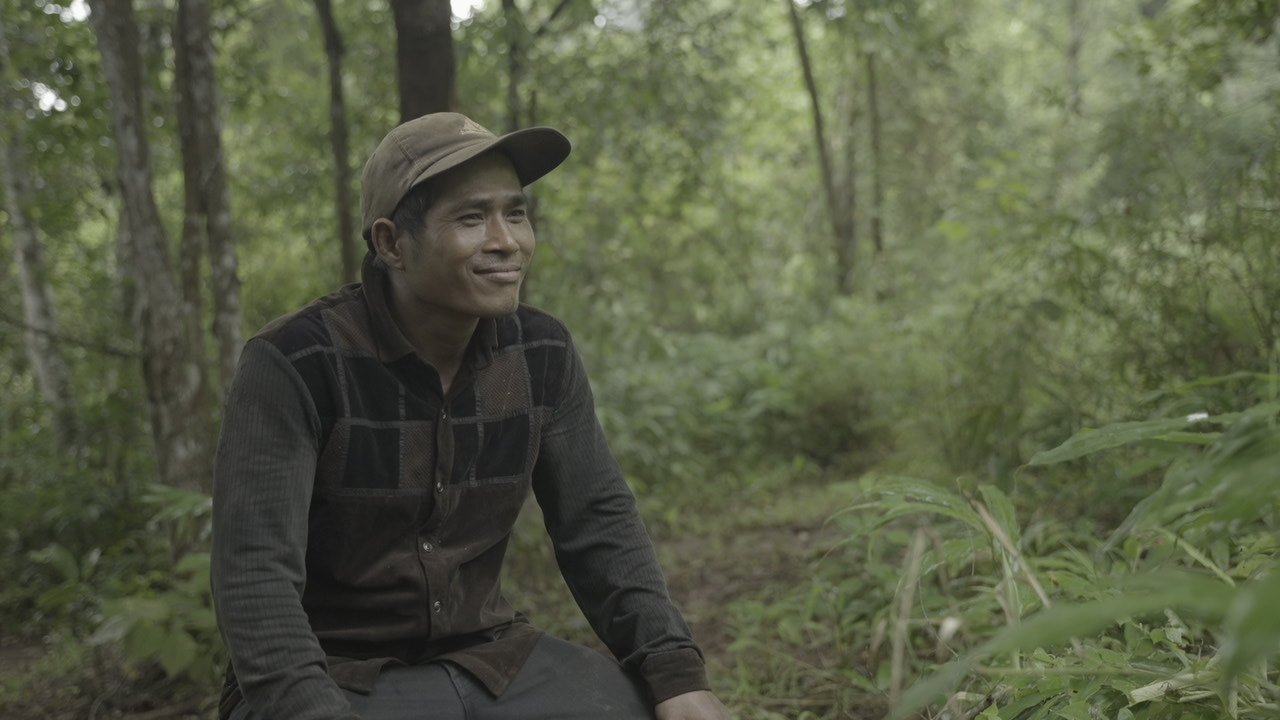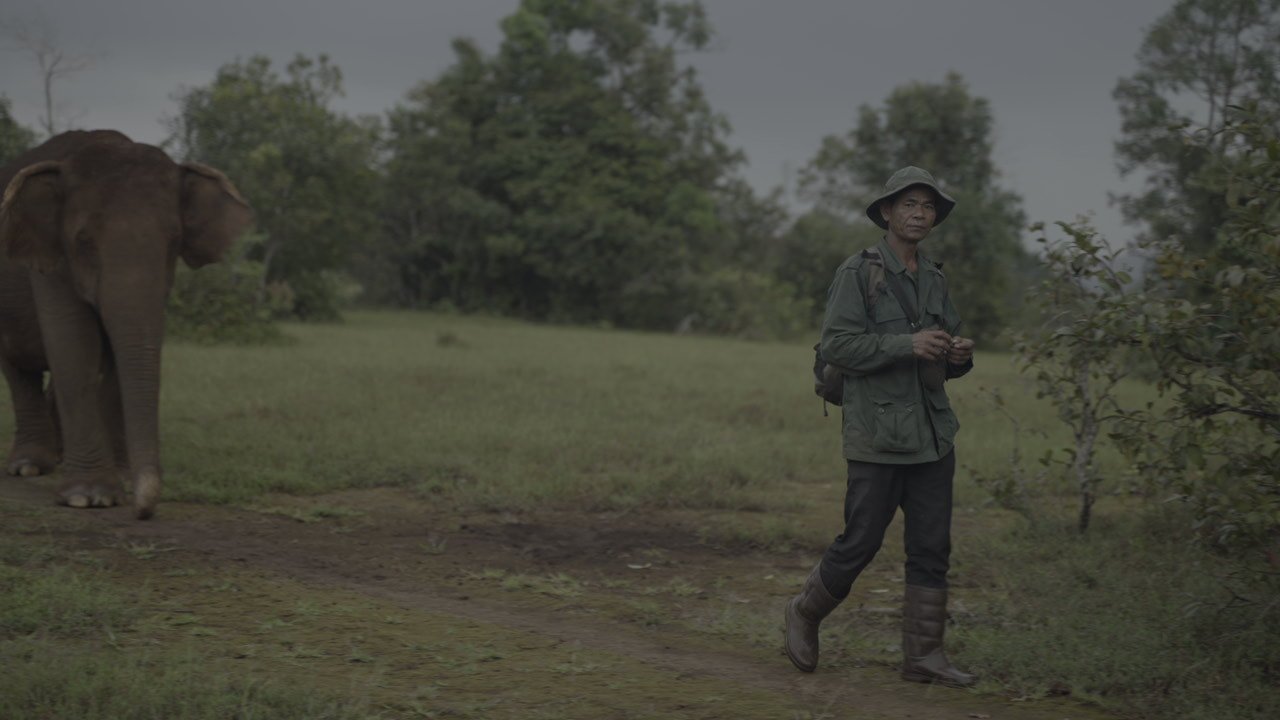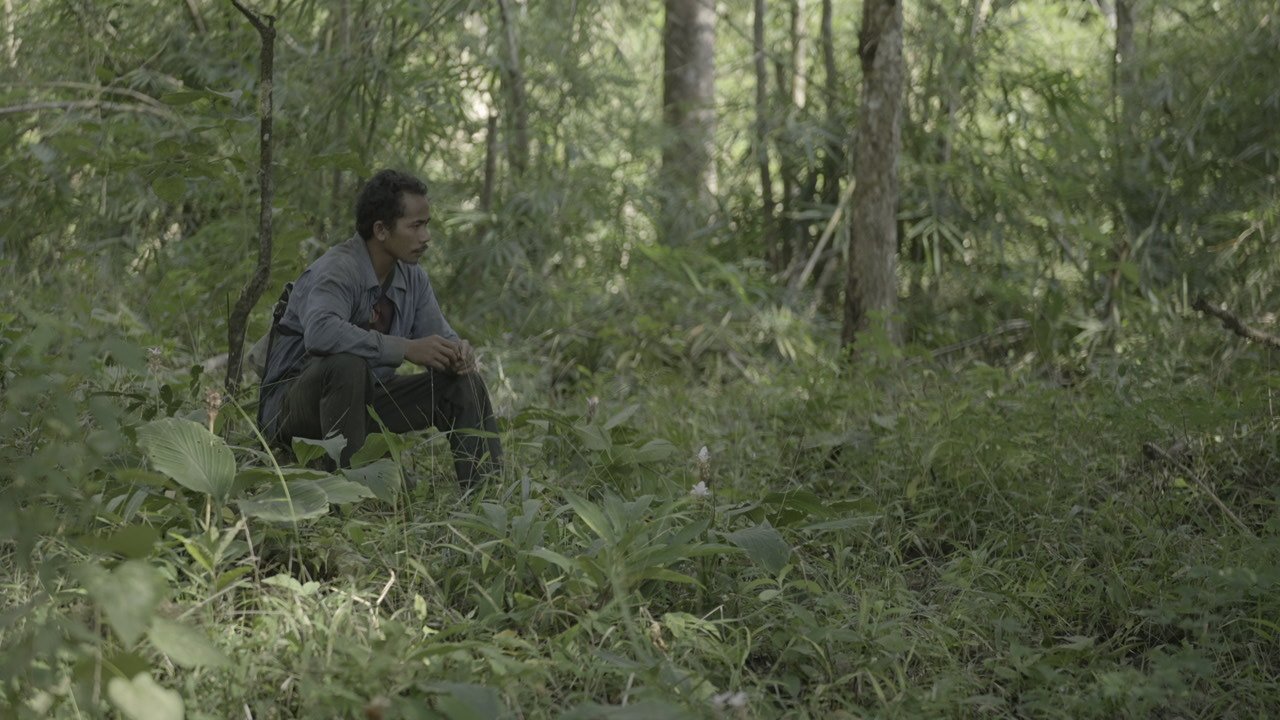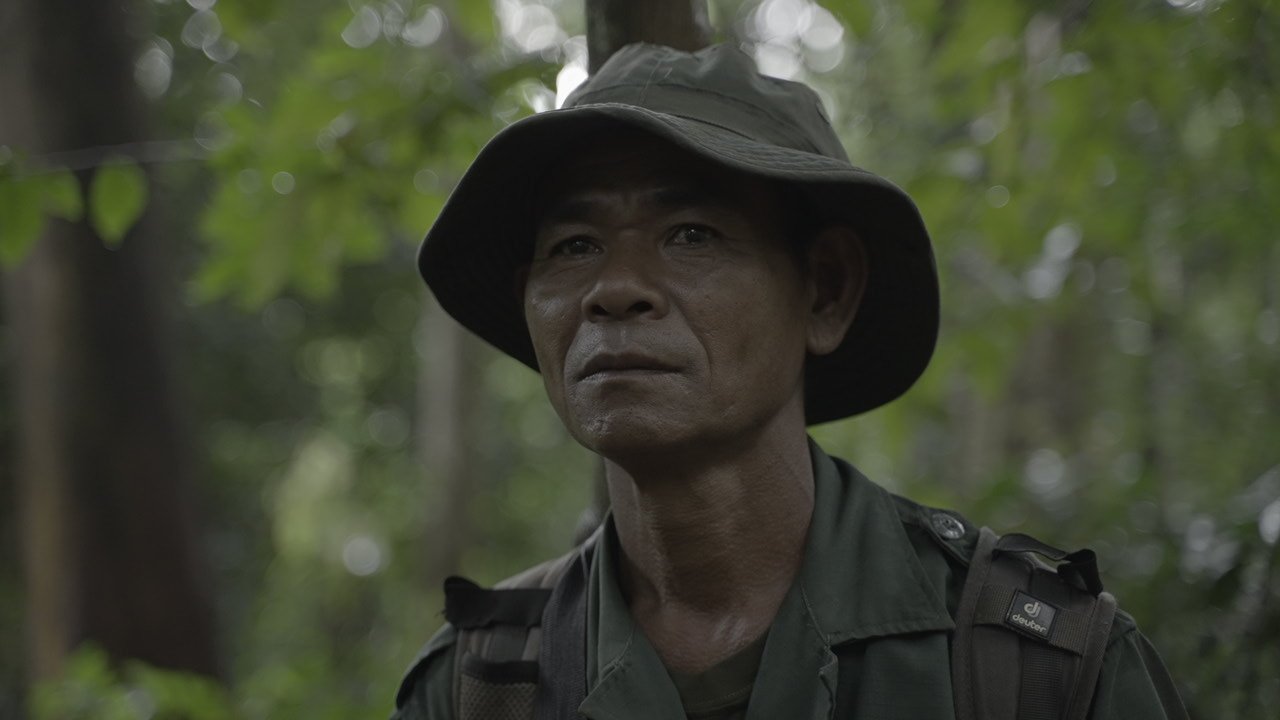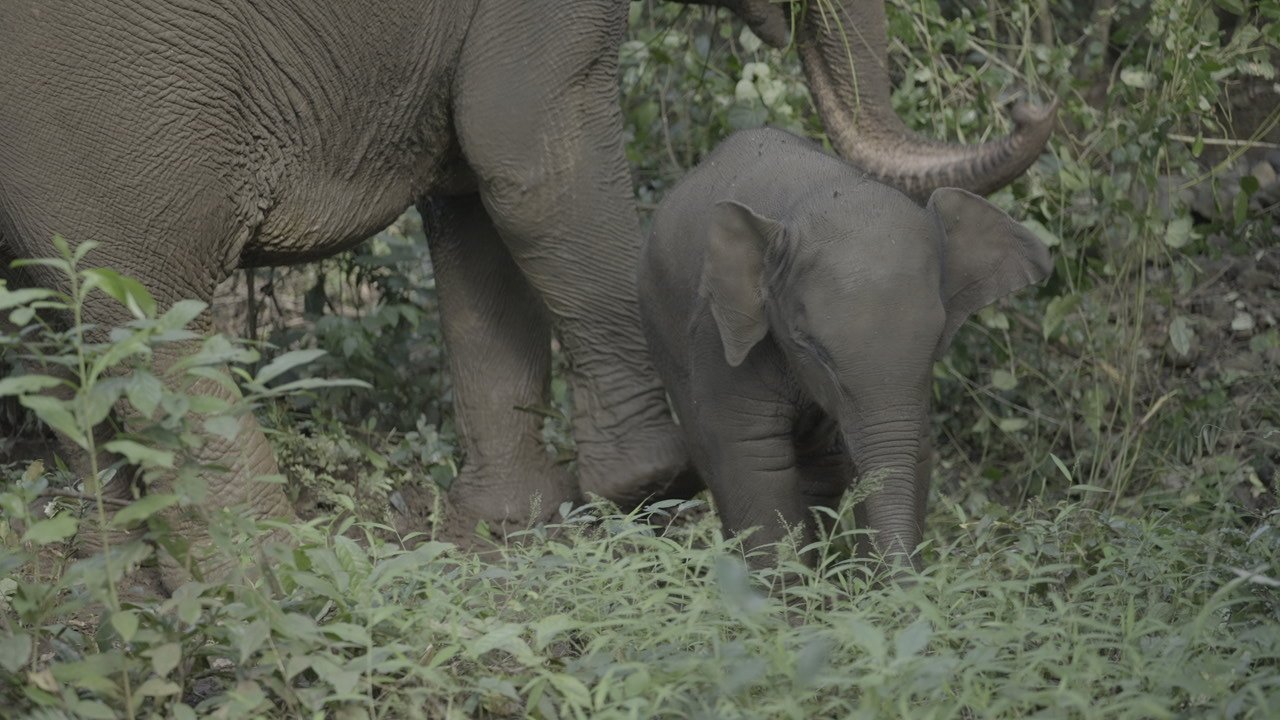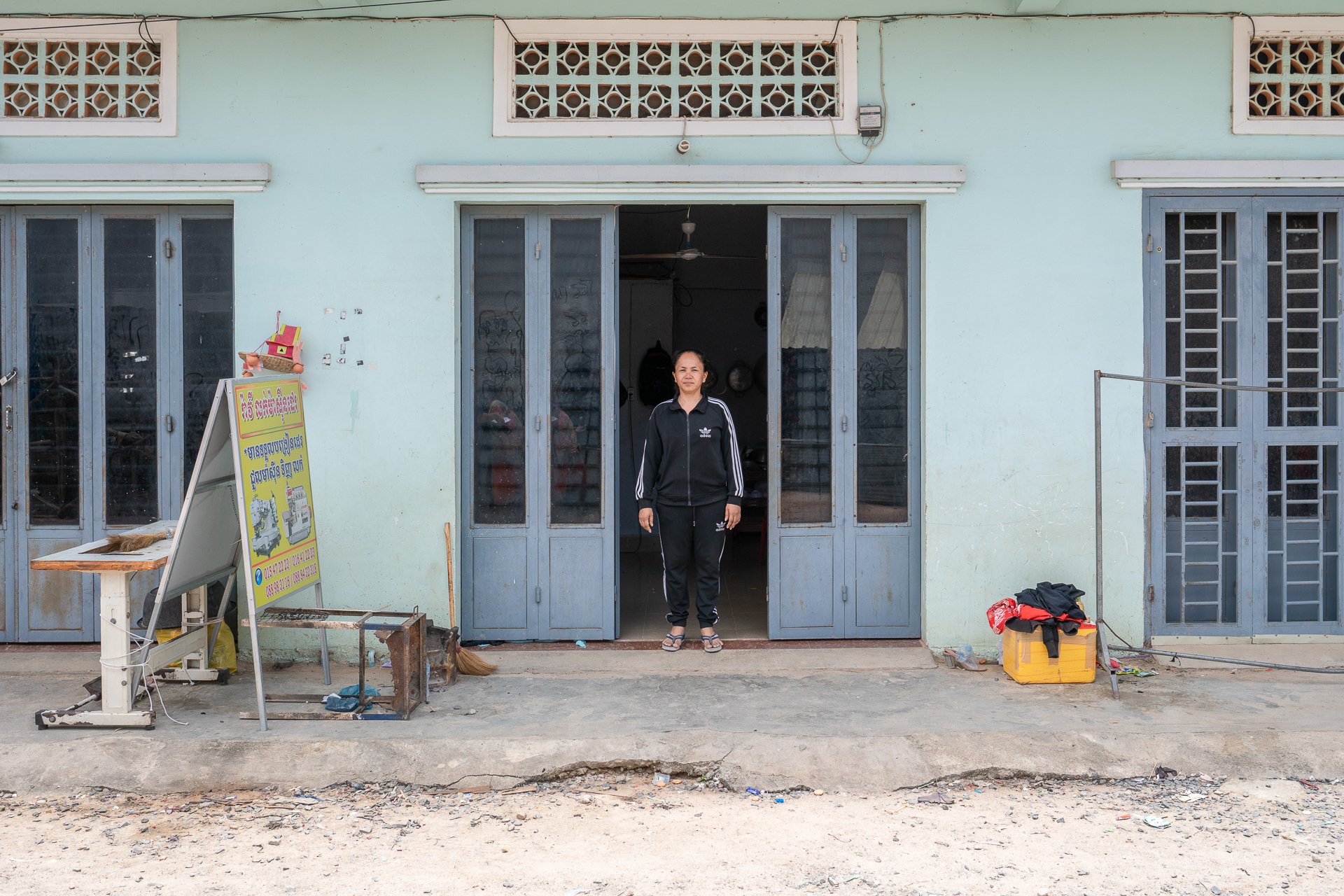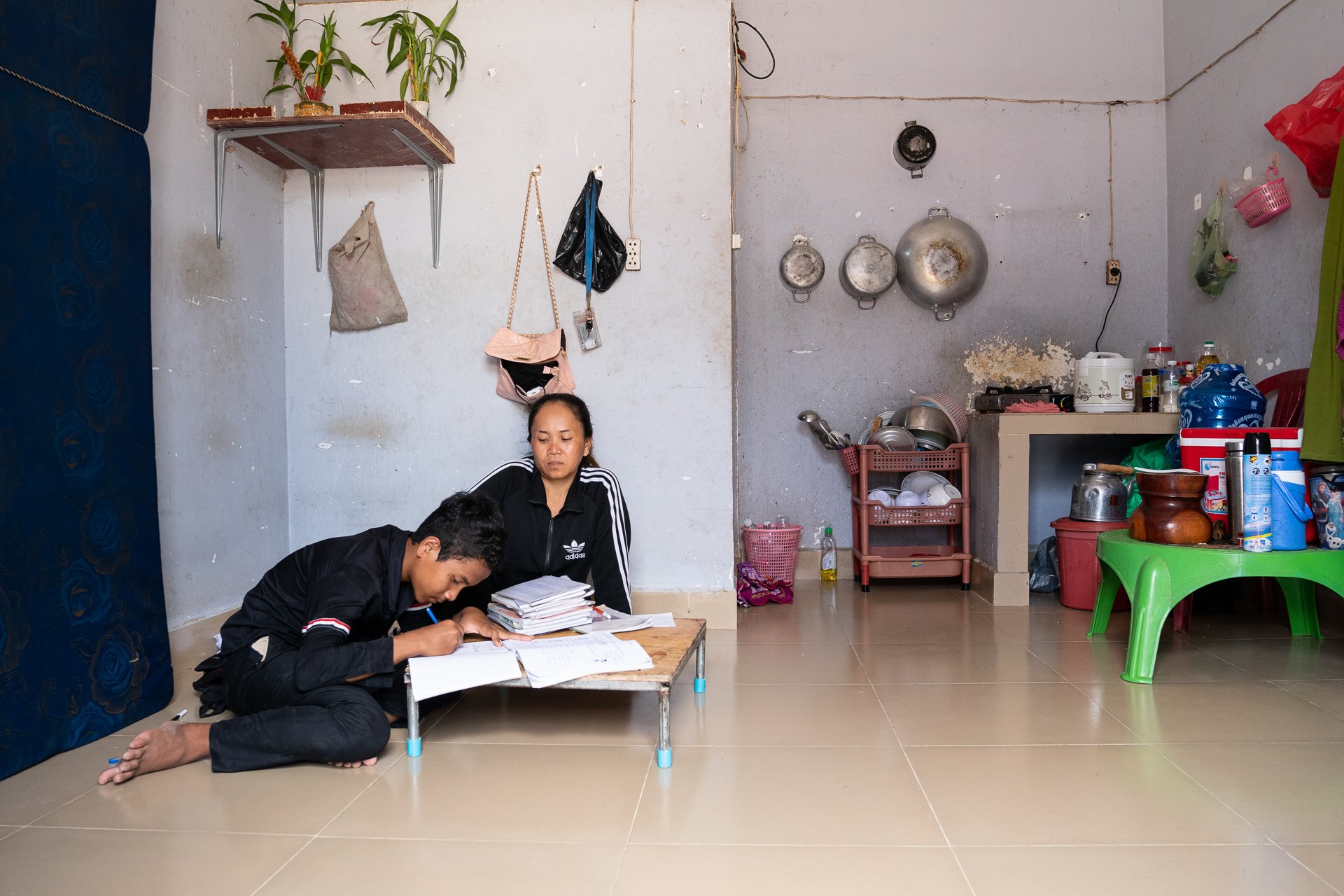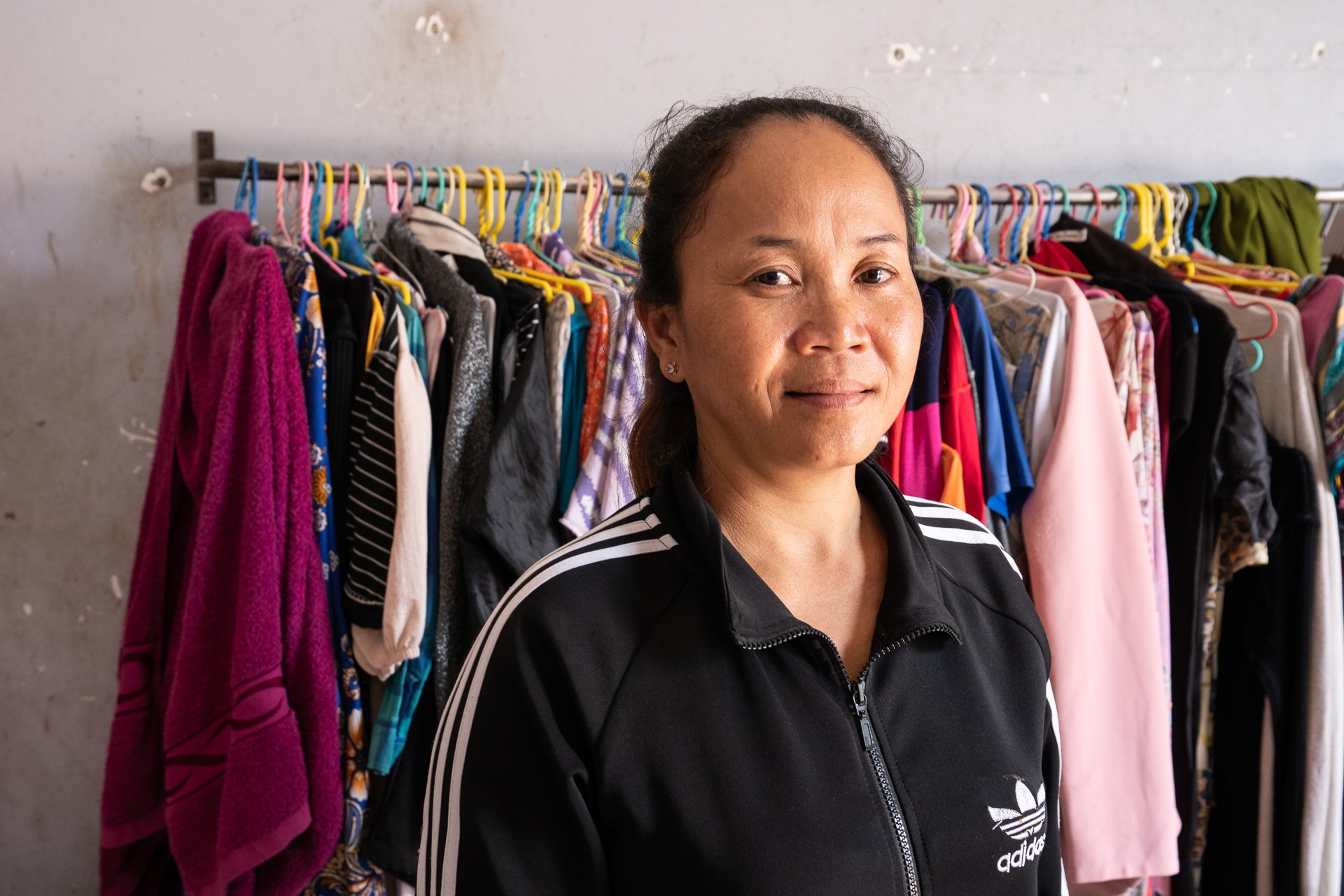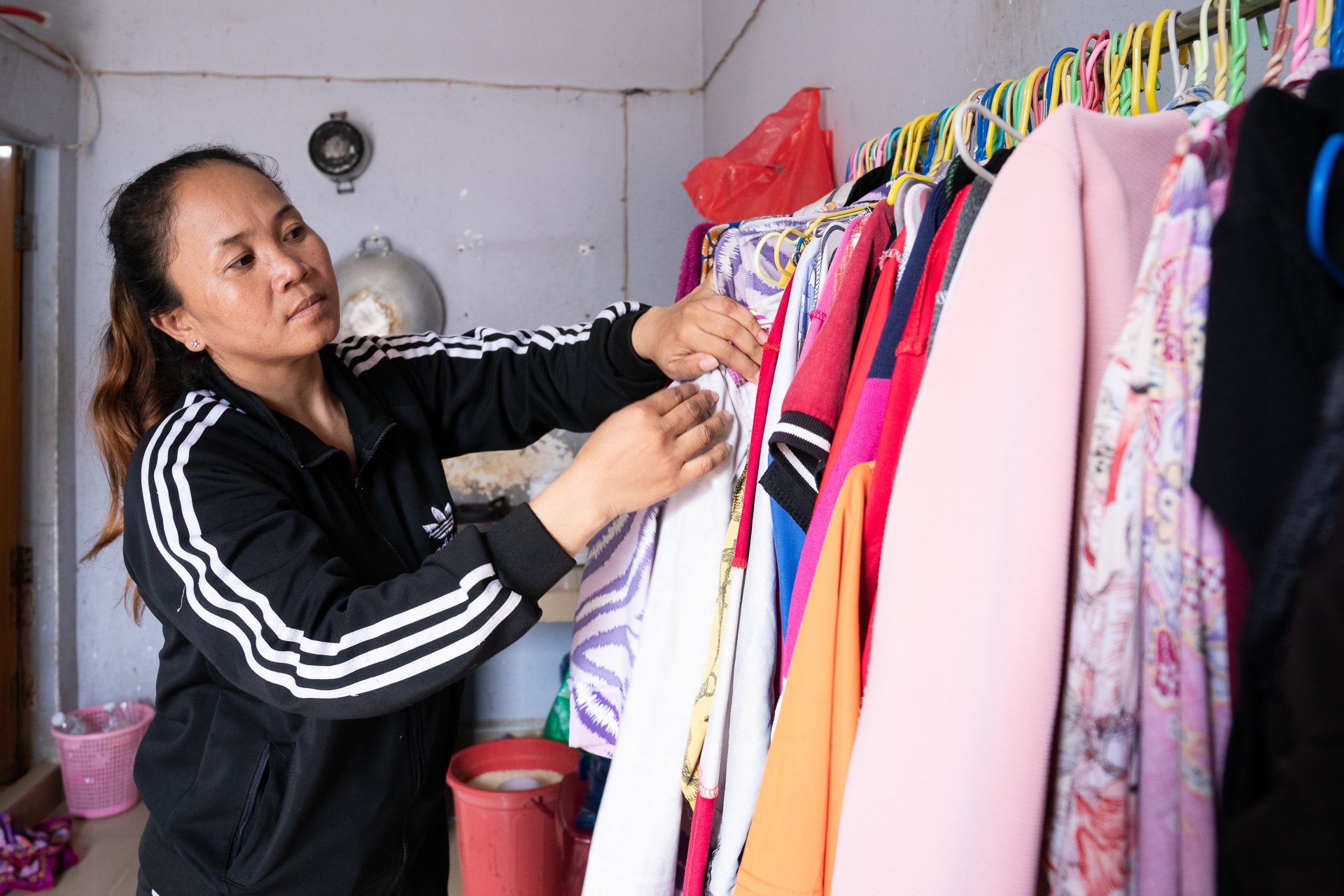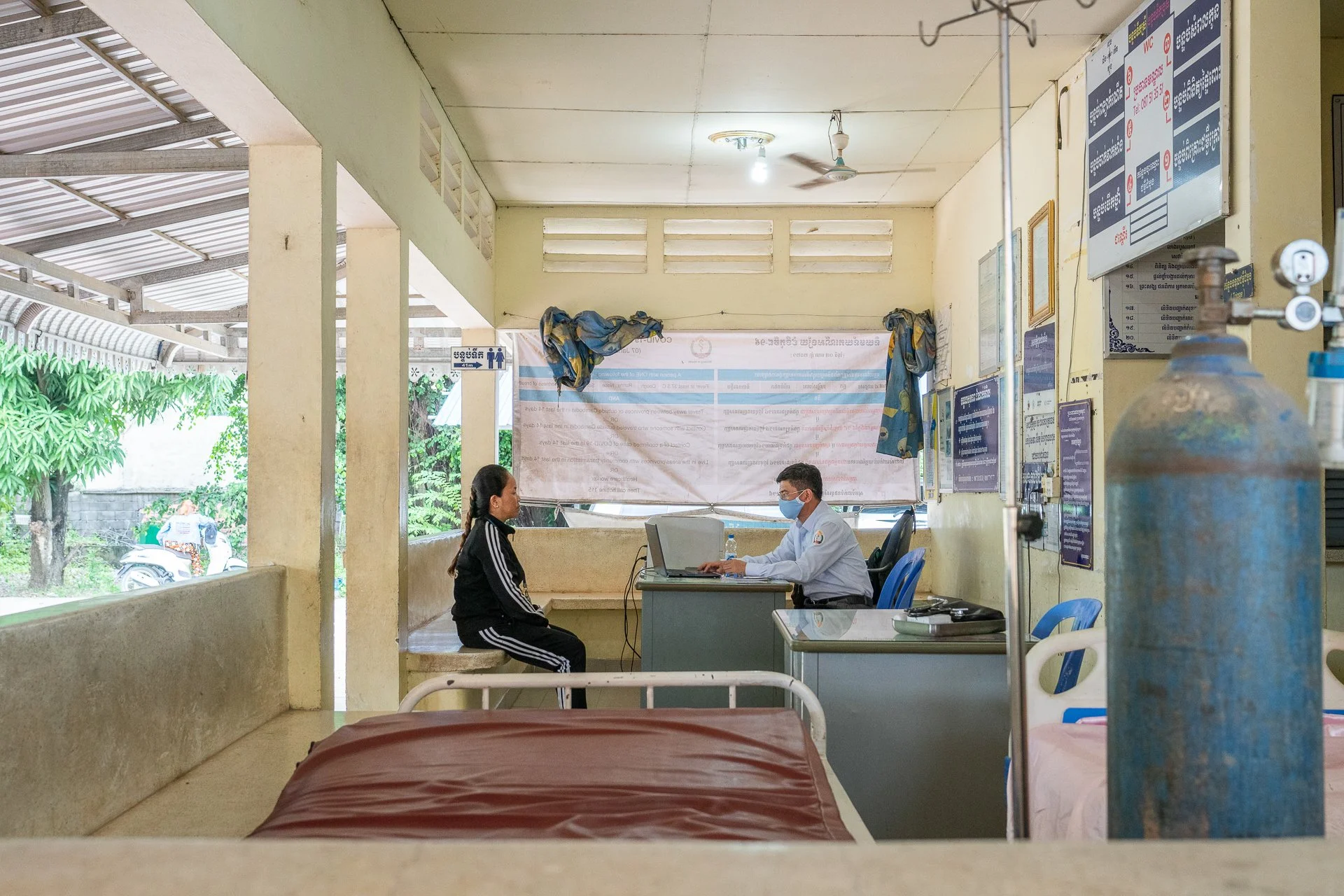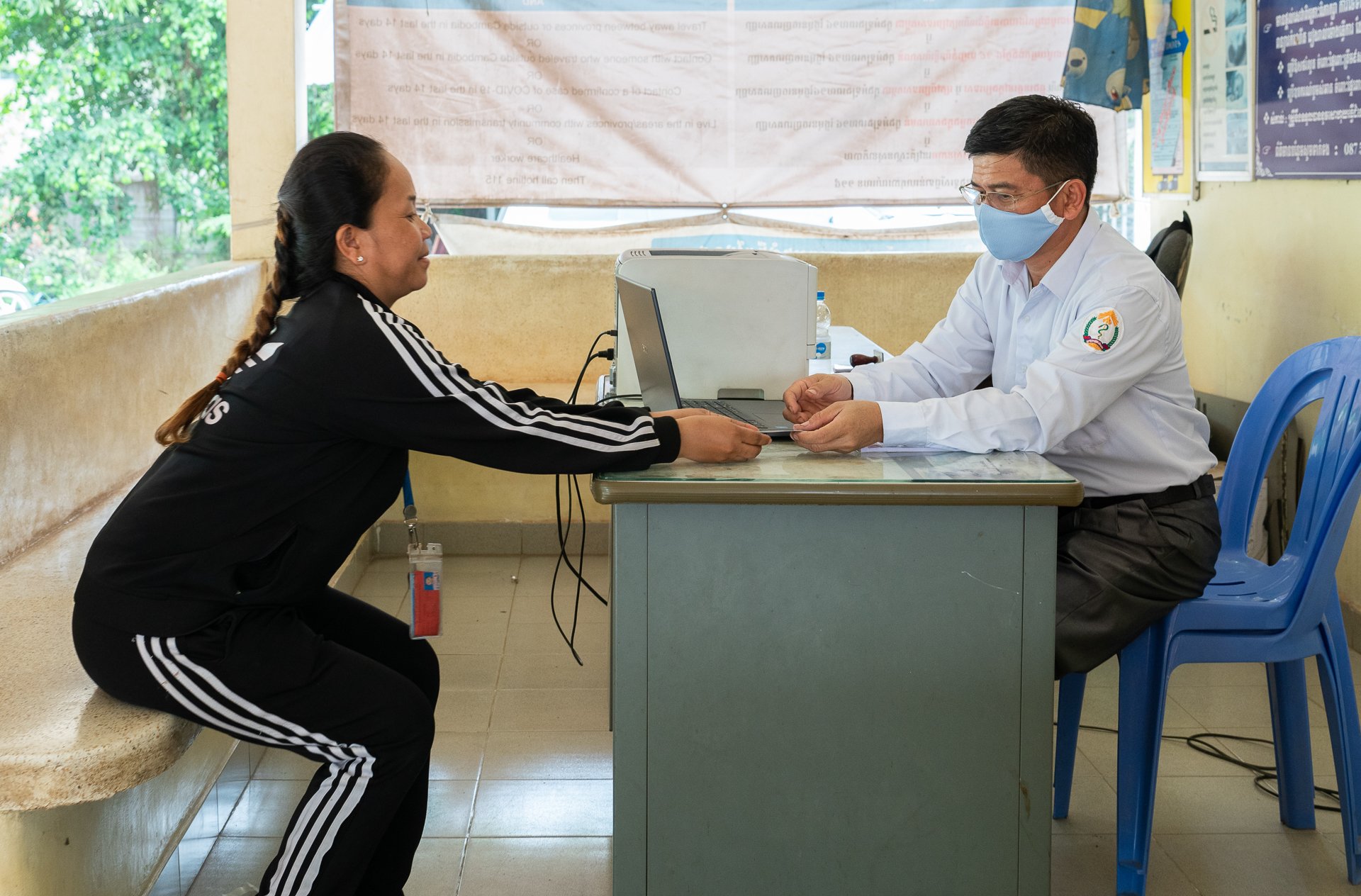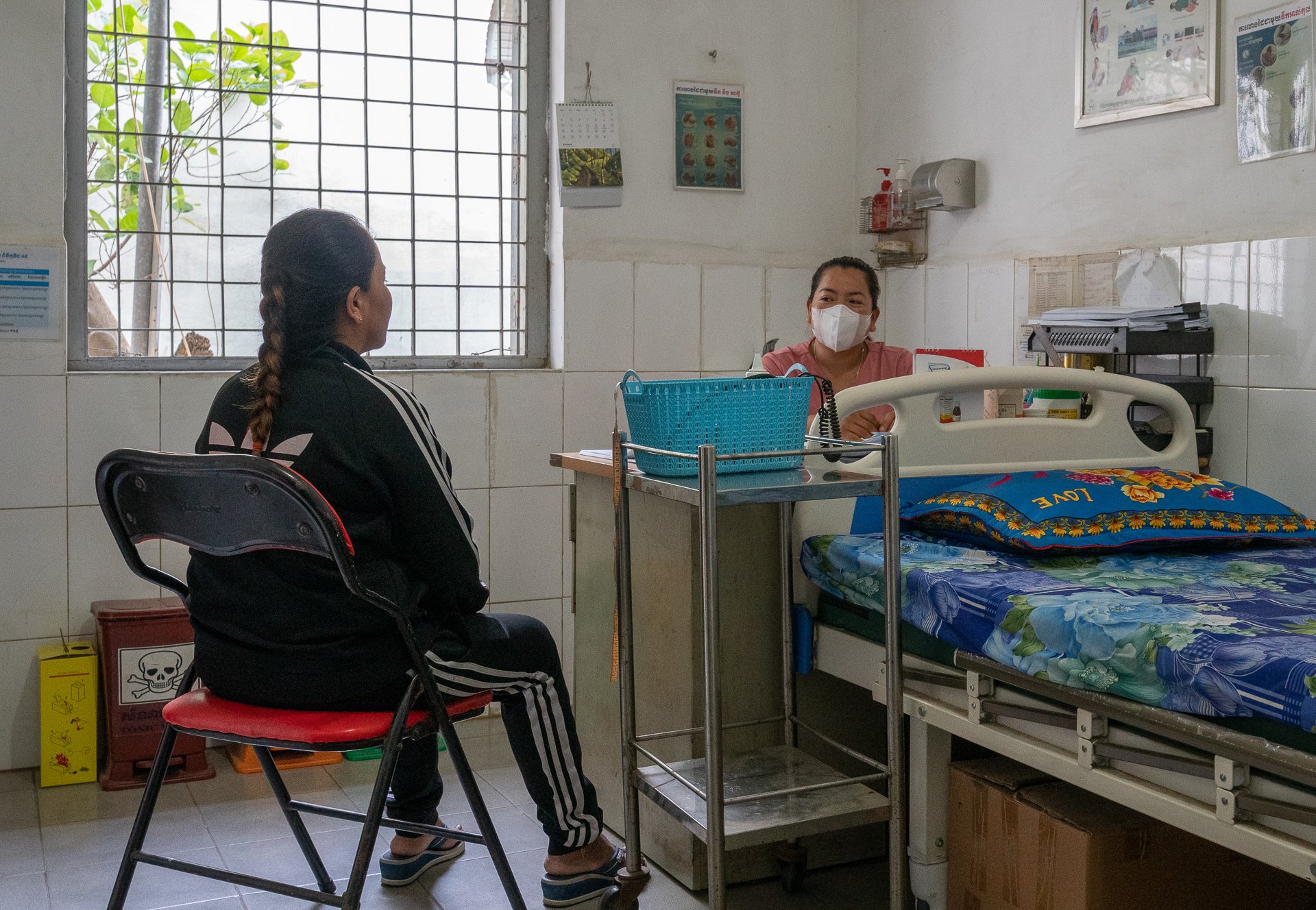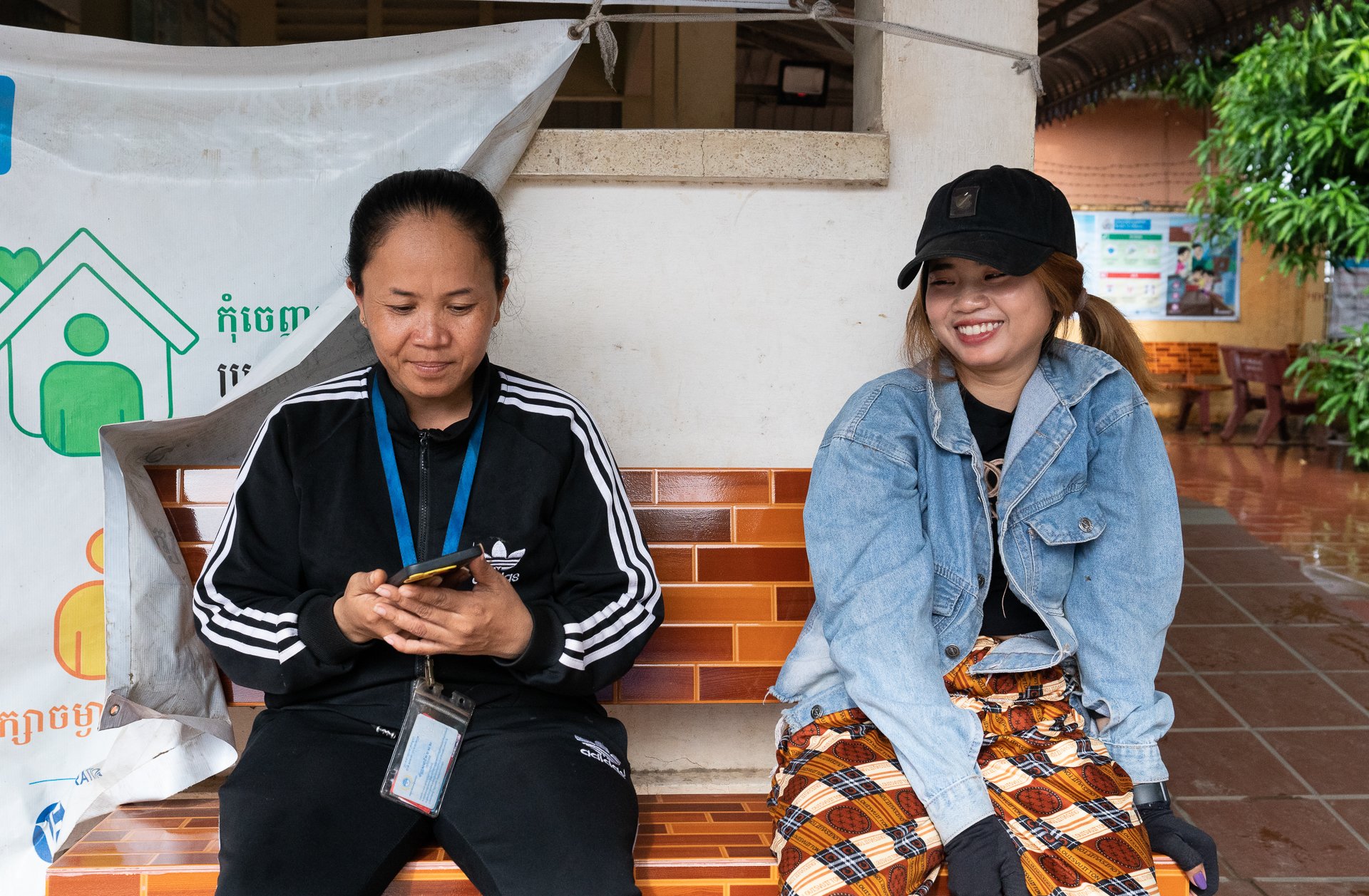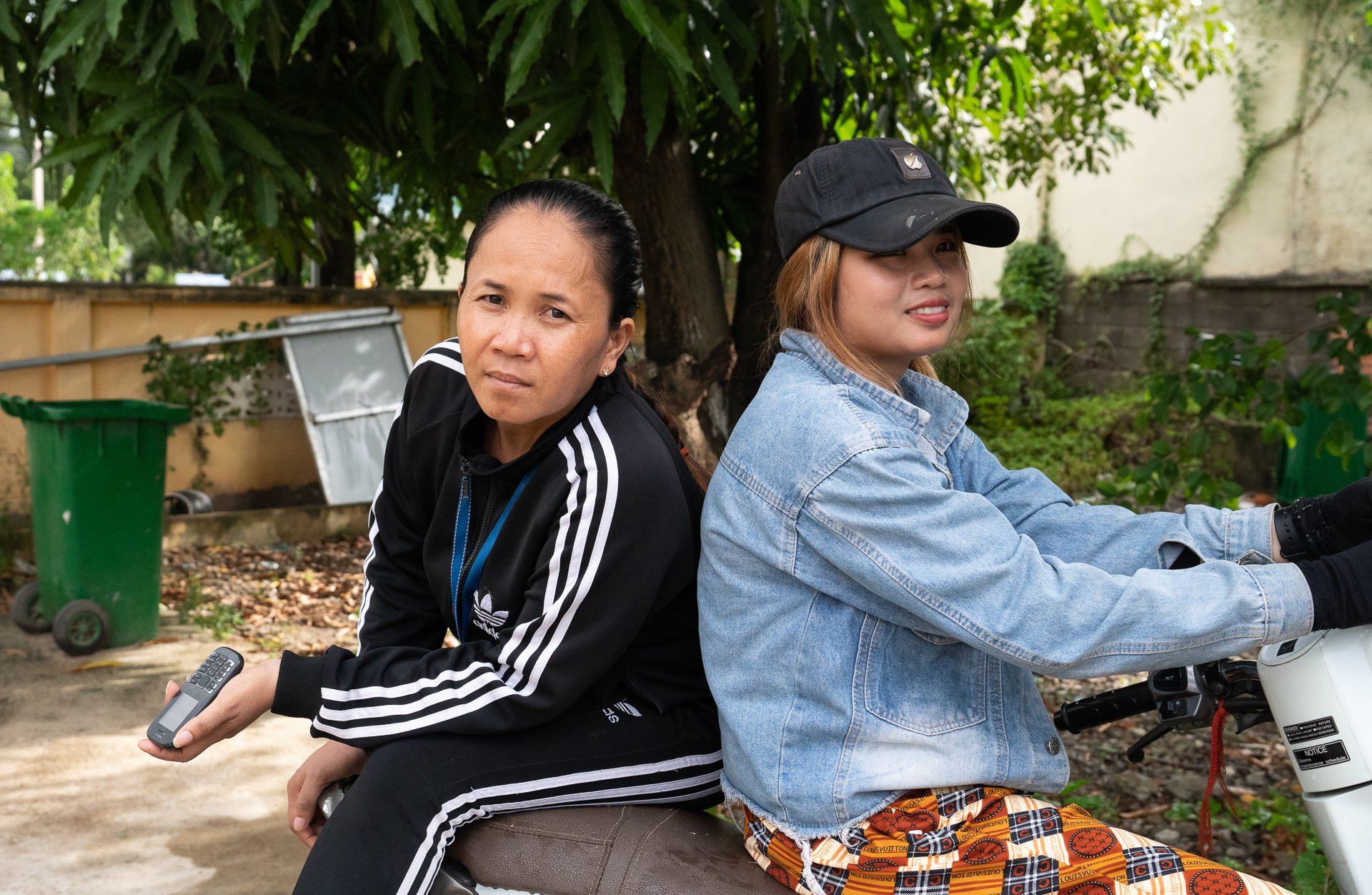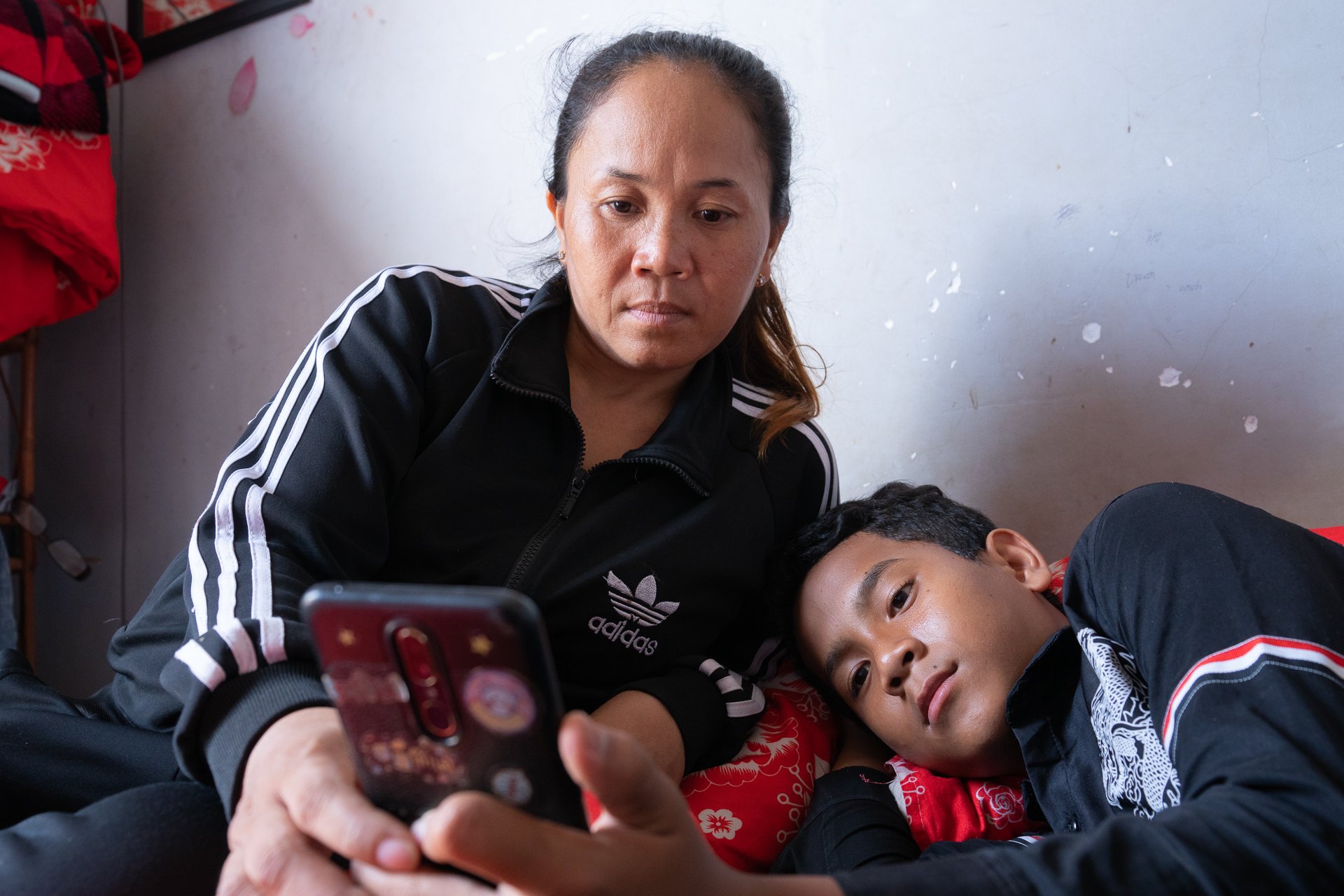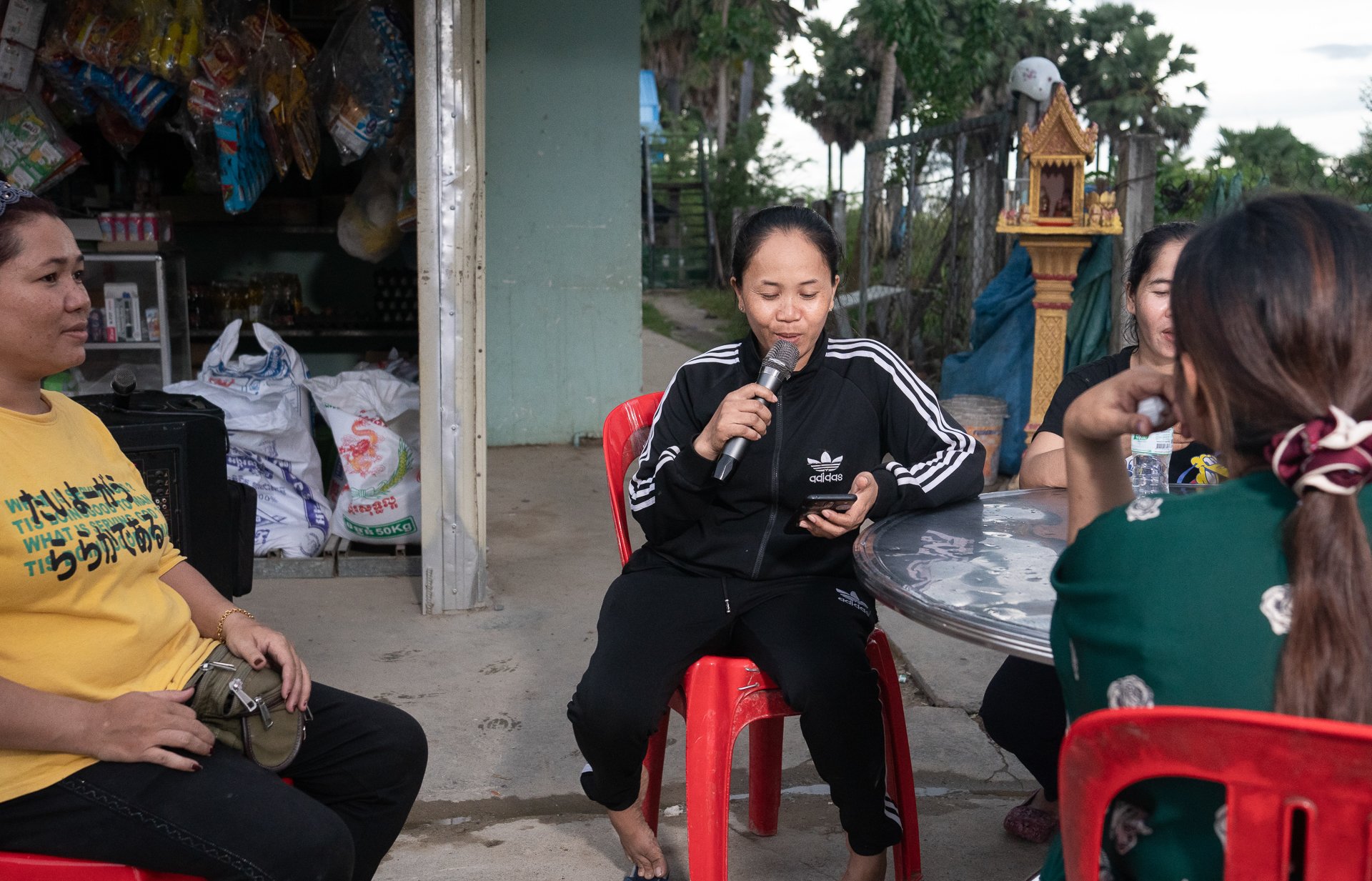I worked as a video editor for UNDP and UN Women on the joint project to address stigma and discrimination experienced by women with disabilities.
The videos were posted on UNDPs social media channels to coincide with International Day of Persons with Disabilities (IDPWD).
The projects was done on a very tight turnaround and it was a great team effort to get all the videos done and signed off in time to be launched on IDPWD.
As the project is in the initial stages, it would be great to see it gaining traction and shining a light on a subject that is often overlooked and that it contributes to reducing stigma and discrimination for women with disabilities across the world.
It was a pleasure working with the team at UNDP. In terms of clarity of vision and understanding how to be optimise and publish the videos on social media they were among the best I’ve worked with it.
It was also great to work with the team from University College London who are clearly experts in their field and are working very hard to get this project out of the block.
You can see more of my work as a video editor here and other example of short clips I’ve edited for publication on social media here. Below is one of the clips that was published on various agencies social media channels to help promote the project.

